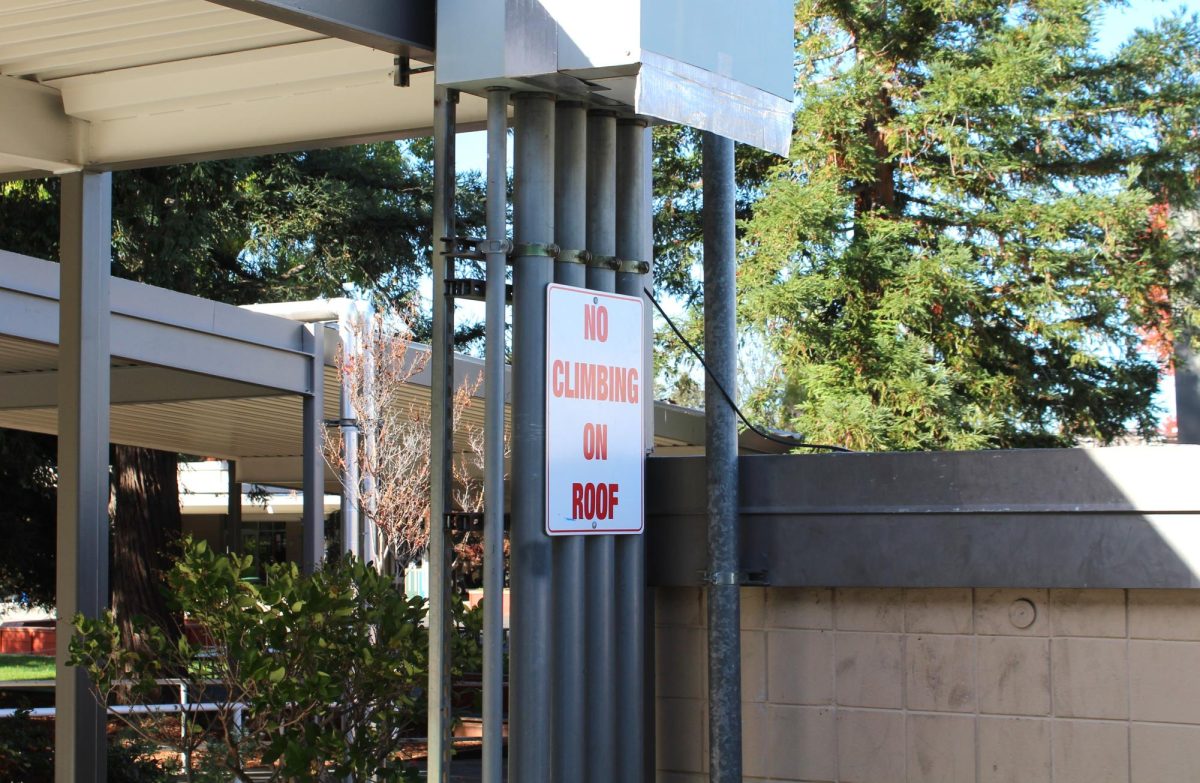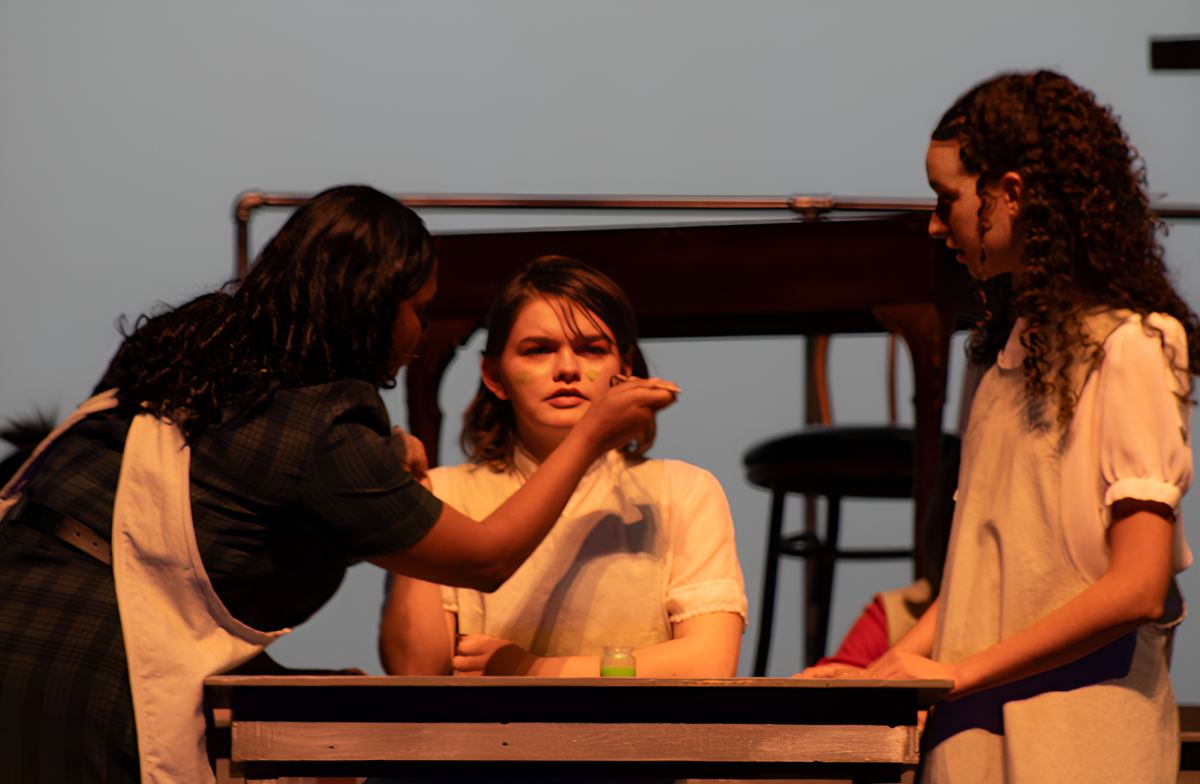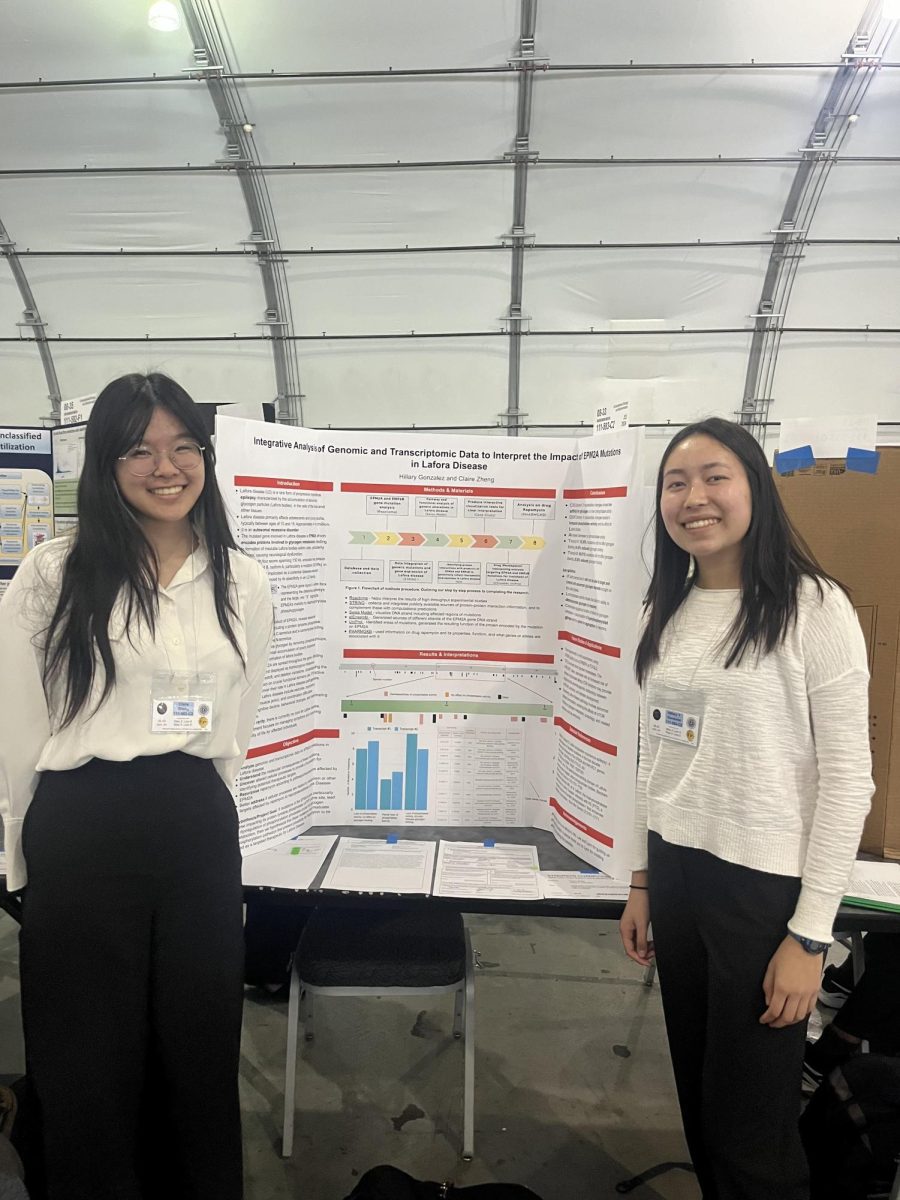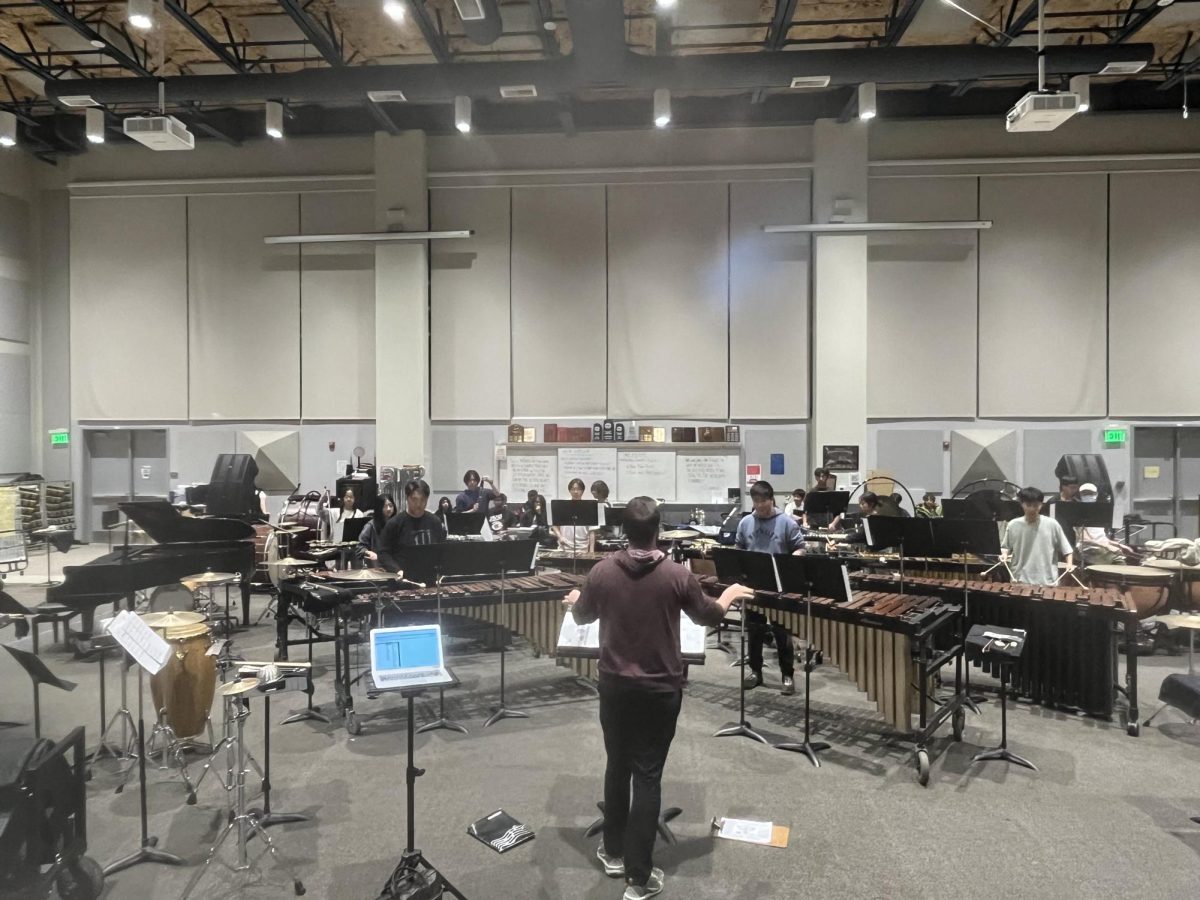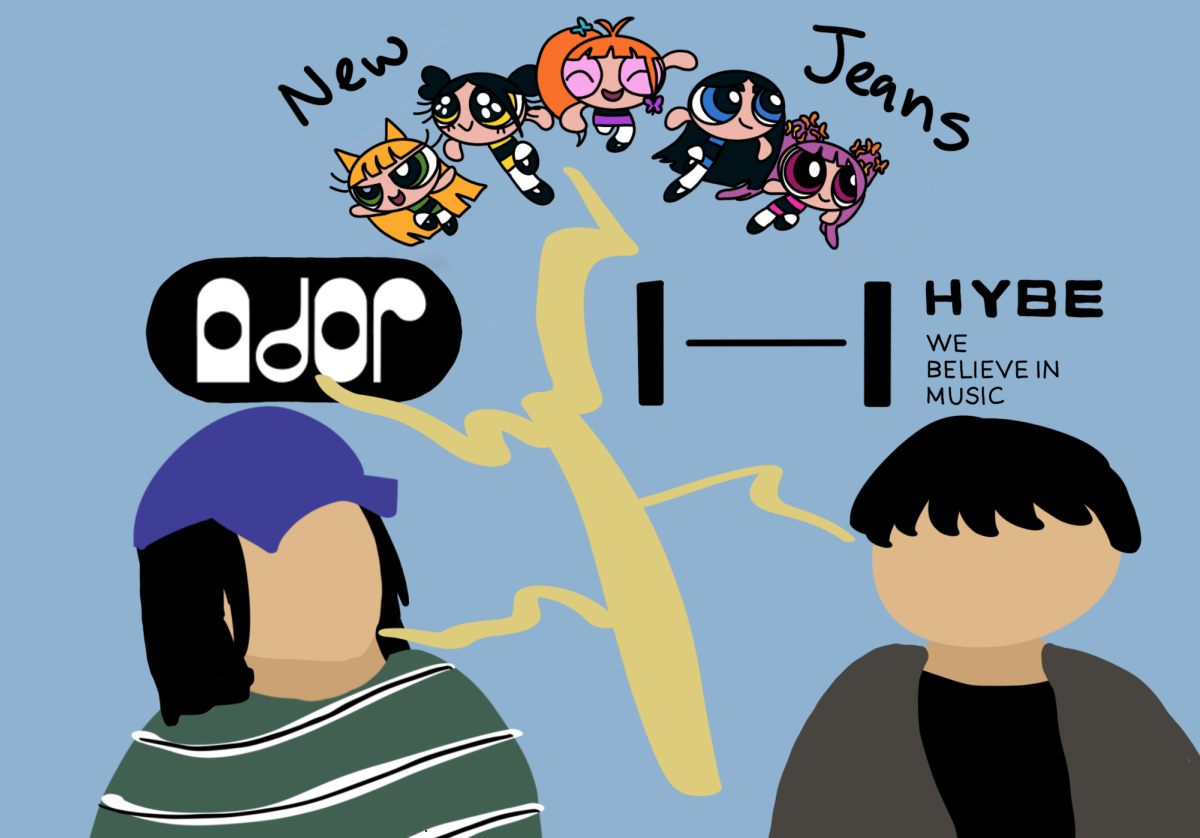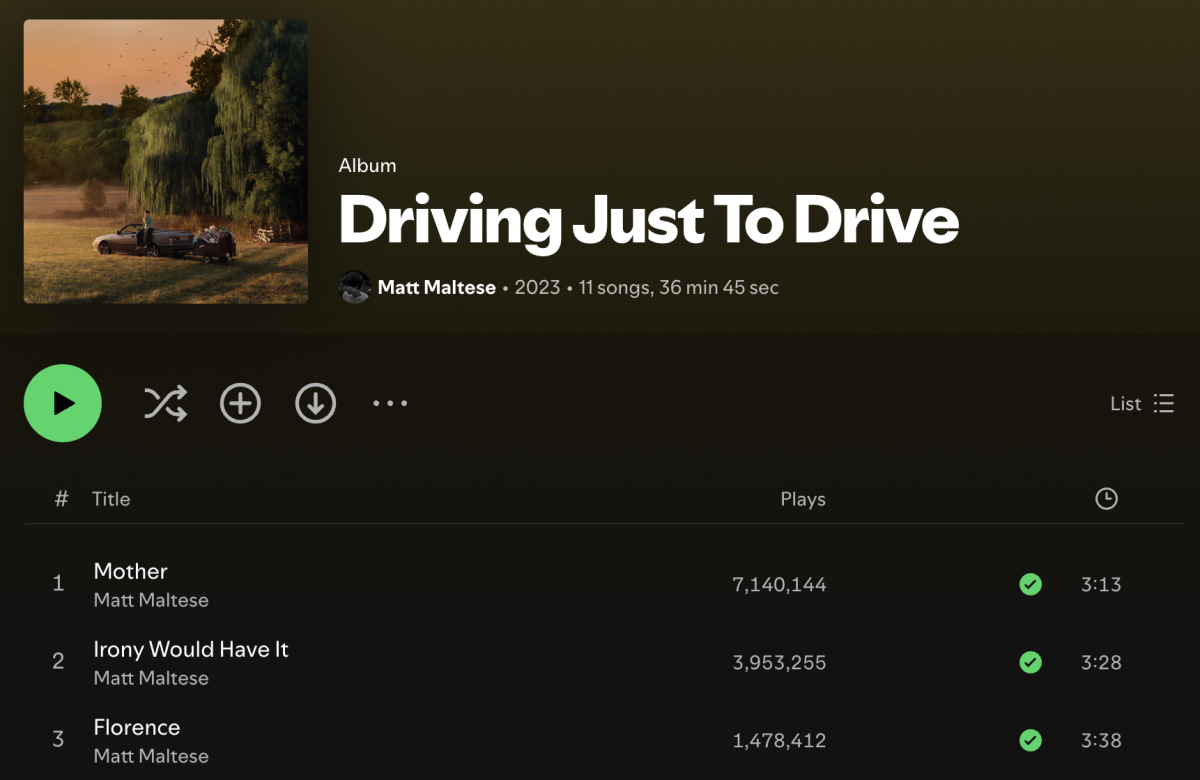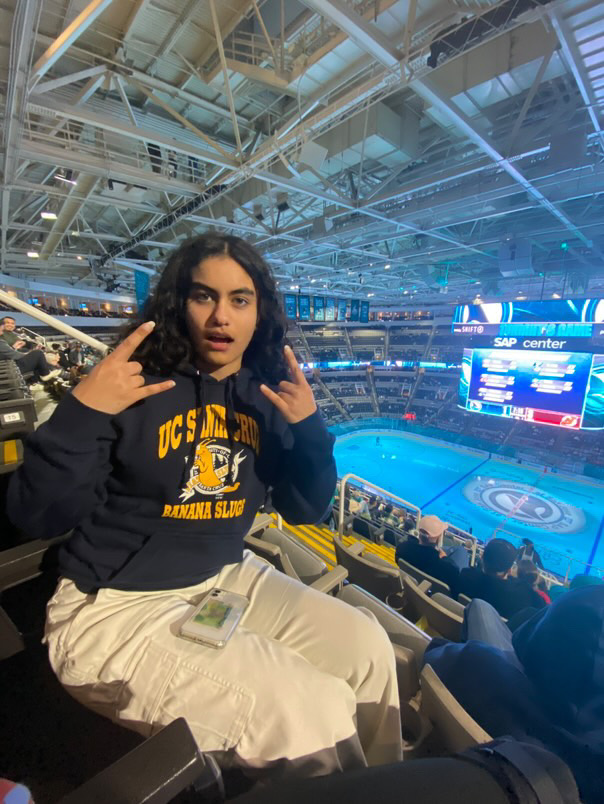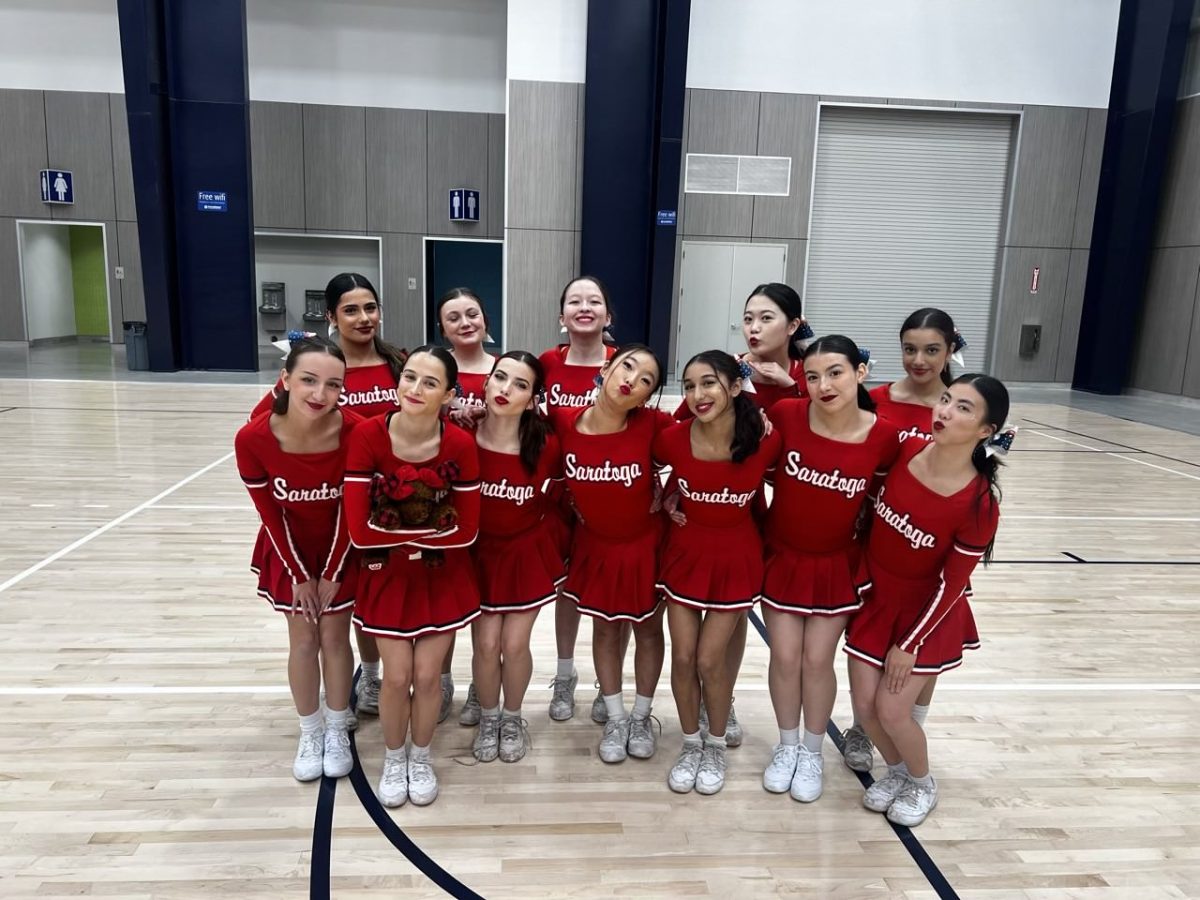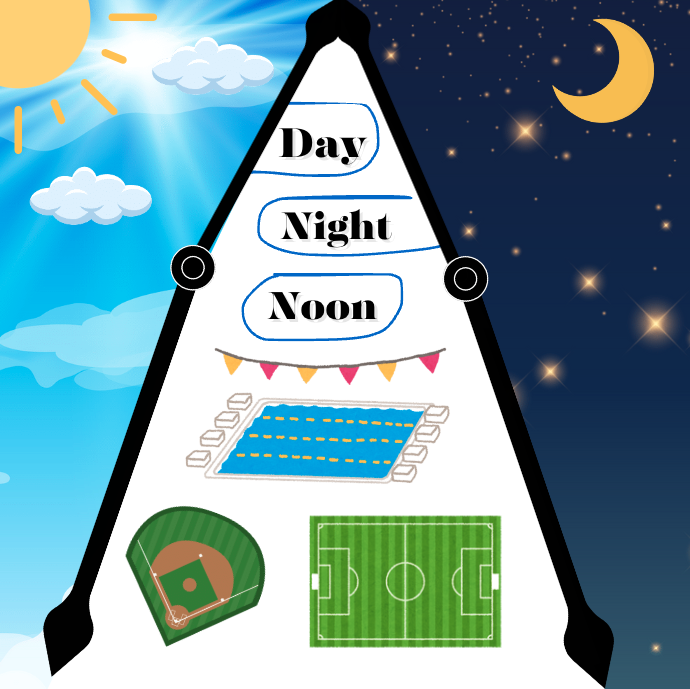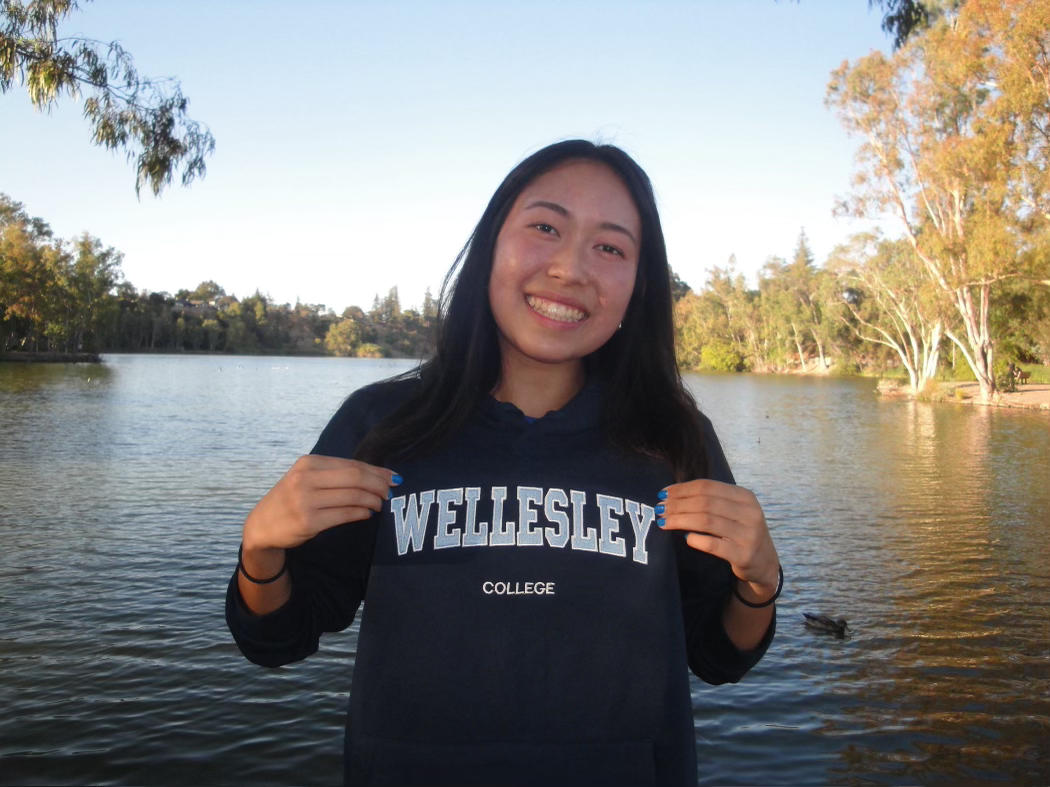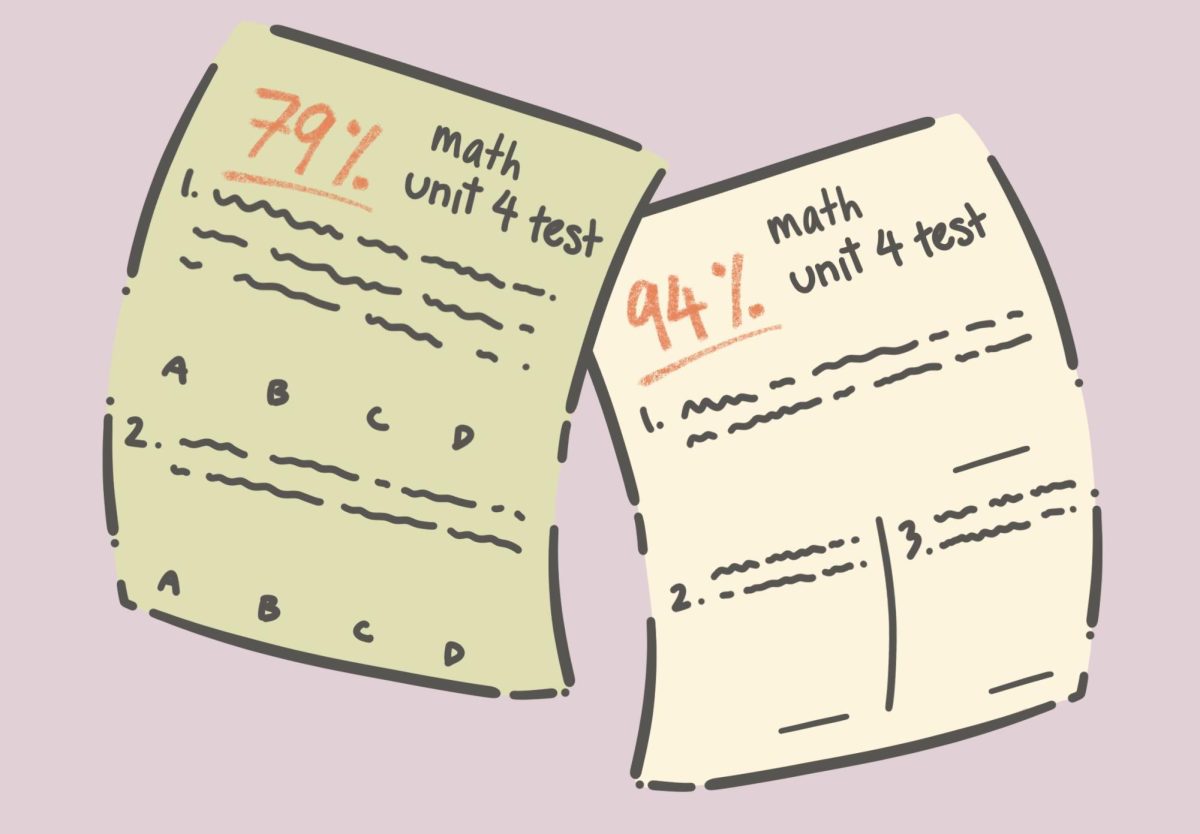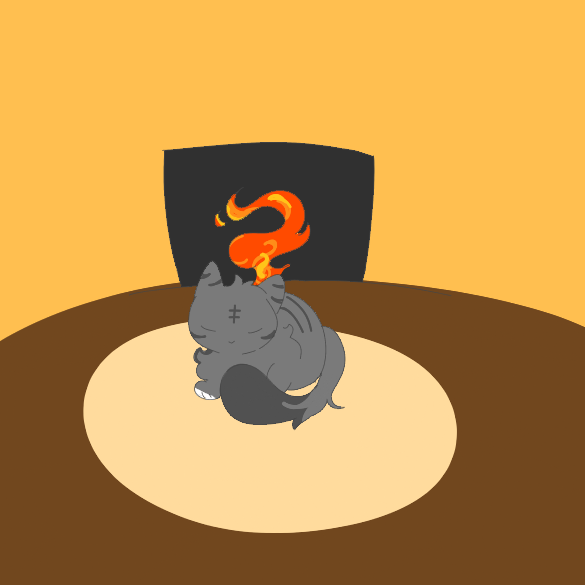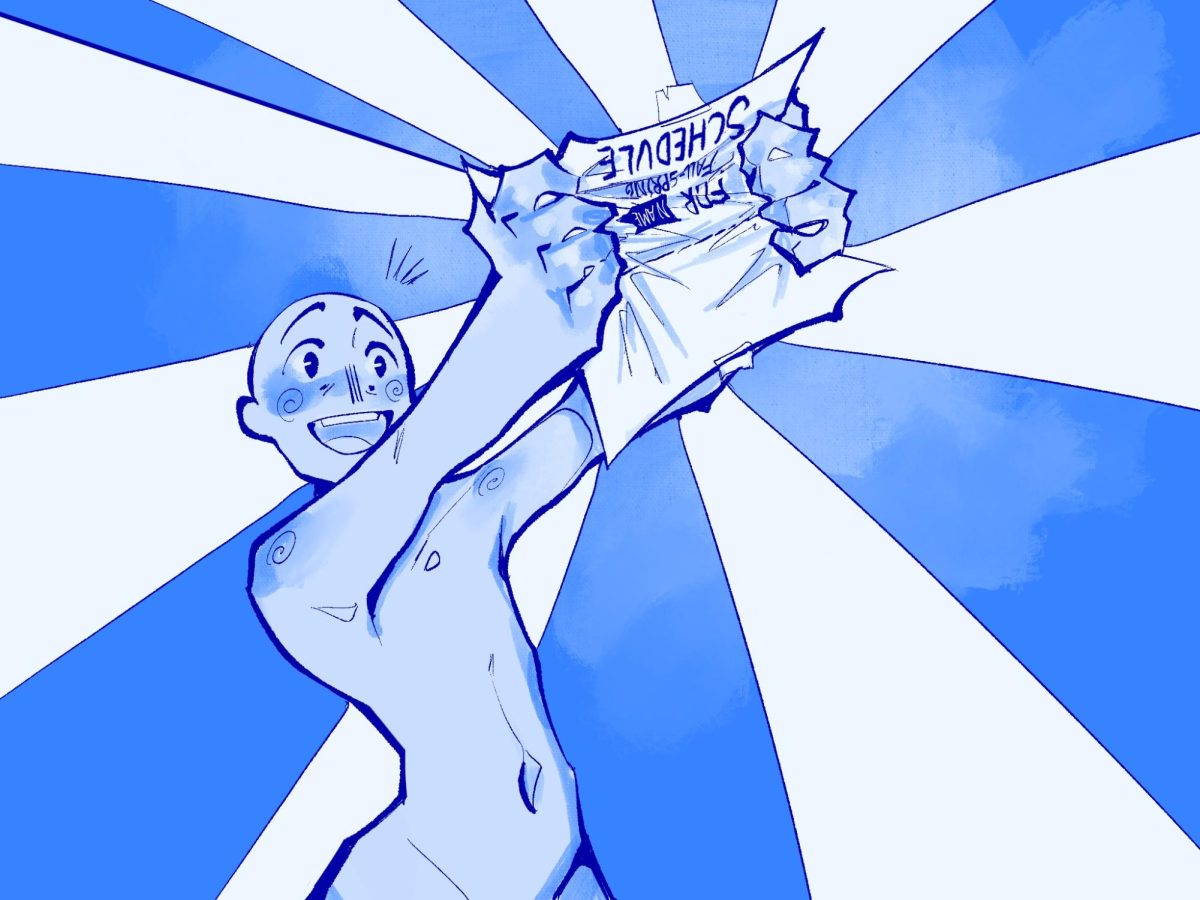This past summer, Yu Zhenqi, a 17-year-old Yunnan student, sat anxiously in front of her phone, waiting for a WeChat interview call from the Saratoga High School Nanoseed club, an organization dedicated to poverty alleviation in rural China. Zhenqi hoped to receive the $220 scholarship that would be able to cover a year of her high school tuition.
With dreams of becoming a doctor someday, Zhenqi applied for the scholarship, which would cost 1,494 Chinese Yuan. She is one of the 100 Chinese students interviewed by Nanoseed club co-presidents, juniors Katherine Chen and Elaine Liu, who communicated with her in Chinese. In the end, Zhenqi was one of the recipients of the awards.
The national Nanoseed organization, which includes many high school chapters, distributes money to rural Chinese schools each year via student loans or scholarships. The school’s Nanoseed club has around 15 members, including two officers. This past year, the organization raised $10,000 to sponsor 46 students.
“Throughout the past year, we managed to organize different fundraising events such as bake sales, concert performances, door to door asking and more. The $1,000 earned by the Saratoga Nanoseed club from these events went to the executive team of the national Nanoseed, who then contacted the schools in Yunnan, China,” said junior Serena Li, the club president last year.
In addition to raising money, the club also had to go through the lengthy process of choosing scholarship recipients. A school in Yunnan, China, gave the two Nanoseed presidents a list of students in need from one school and the interviews took place over WeChat or FaceTime to narrow down the list of potential candidates for sponsorships. The questions asked during the call looked into the student’s financial situation, some of their favorite courses in school, extracurricular activities, personal strengths and weaknesses and outlooks on their own future.
The most important standard that officers considered was how urgently the students actually needed the money, and the scholarship amount was based on what the students need to use the money for. Most students needed the money for school tuition, but some needed the money for necessities such as food and clothing.
“We spent a lot of time going back and forth between the students because we knew that many of the students’ financial situations were not the best and the amount of money we could loan them was limited,” Chen said. “At the end, though, we were satisfied with our chosen students.”
The Nanoseed club continues to fundraise for future scholarship distributions. With the pandemic, Nanoseed has decided to try a new method of raising money — teaching courses such as math, English, science and various forms of art to children around the Bay Area.
The club is still looking for tutors, setting prices and preparing classes. Chen said that she believes helping students in rural China who are in need of money get a better education is a good incentive to volunteer, so finding tutors should not be a major issue. The Nanoseed club still has not decided what to charge for their classes and who will be teaching, but they are hopeful that this fundraising will raise money during the pandemic.
Chen said that the work that the Nanoseed club puts into organizing this event is worth the large effort, especially for those on the receiving end. For Zhenqi, the scholarship will allow her to finish her high school education and apply to college.
“This scholarship program gave me so much encouragement, and it motivates me to want to study hard and achieve my dreams,” Zhenqi said.

